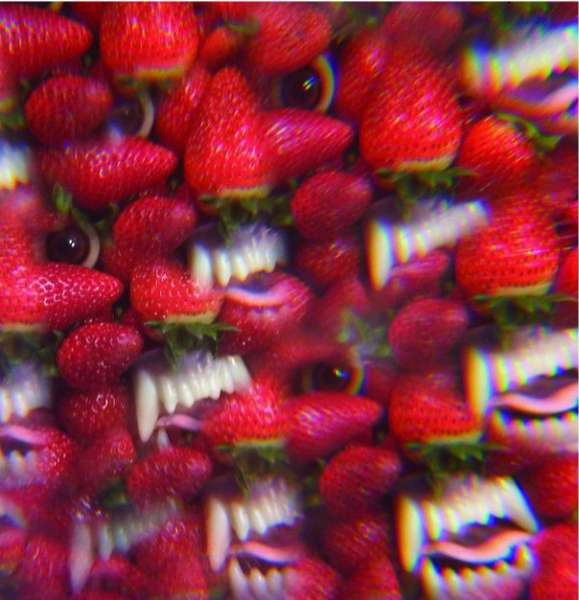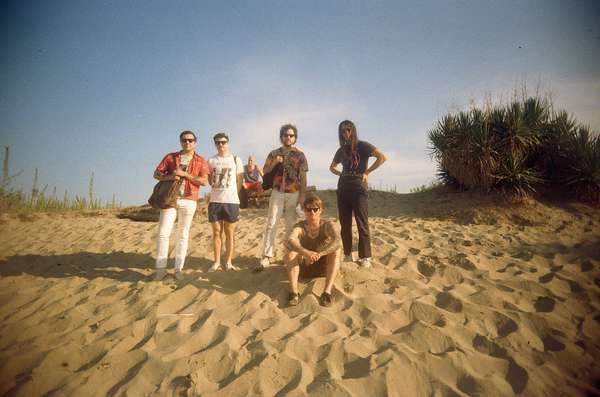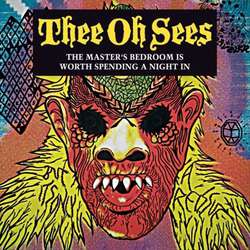As a critic there are certain things I’m supposed to keep up with. Fact of the matter is that’s not always possible and, once you get behind, just where do you catch up? Thee Oh Sees are a band I’ve heard peripherally for the past couple of years but never got jumping in on a full-length. Compound that with their productivity, and I just can’t compare their new one, Floating Coffin to its predecessors. I’m not even going to try.
Calling the bay city of San Francisco home, Thee Oh Sees continually seem to pop up in conversations that also include Ty Segall. On listening to Floating Coffin it’s easy to see why. Modern fuzzed-out psych rock is a key part of their sound, using drawn out melody and floating vibes to wash the listener into an aural sea. There are a number of similarities between the artists’ styles, especially on Side A of this release. Where they differ, though, is really what makes Thee Oh Sees interesting. There is a steady dose of surf influence in the songs—not the twisting, beach movie frenzy stuff of note, but a wavy, up-and-down rhythm that moves their songs along with a little extra sway instead of the deviant-path nature of psych. It also gives a seriously manic feel, as in the opening “I Come from the Mountain,” complemented well by the spastic keyboards.
The distinction of the band is their experimental nature. “Tunnel Time” is an anxious and building song that stands out. Then, about two minutes in, they incorporate a flute that starts out with promise and ultimately loses me (sounding a bit too 1970s). Still, the willingness to stray from the expected is exactly what makes Floating Coffin an interesting record. The title track, for example, is a solid garage-psych song, but it’s the nuanced little things such as the flute or adding keyboards into “Night Crawler” that adds a depth and deeper character to each of the tracks, with the latter having some dark 1980s pop tones. Then, to close it all out, the band drops in “Minotaur,” a five minute lumbering, er, minotaur of a song with slow speak-sing lyrics about day to day monotony (“I get sick at my work/ every day/ there is no cure but to stay/ to stay away without pay”) that is promising in its variation but loses momentum over the full course—something that happens a few times over the duration of the record.
The blend of manic keyboards and psych tones is an intriguing mix, but it tends to lose something when the manic backdrop is lost, instead going into fuzzy, spacey territory that just isn’t as interesting. When they combine all the elements, as in “No Spell” or “Strawberries 1 + 2,” it clearly stands above the rest. A more consistent record has the potential to be a list topper.



